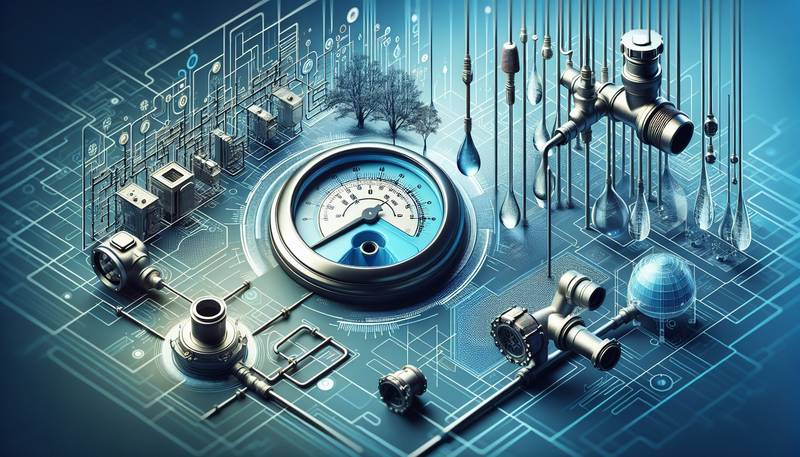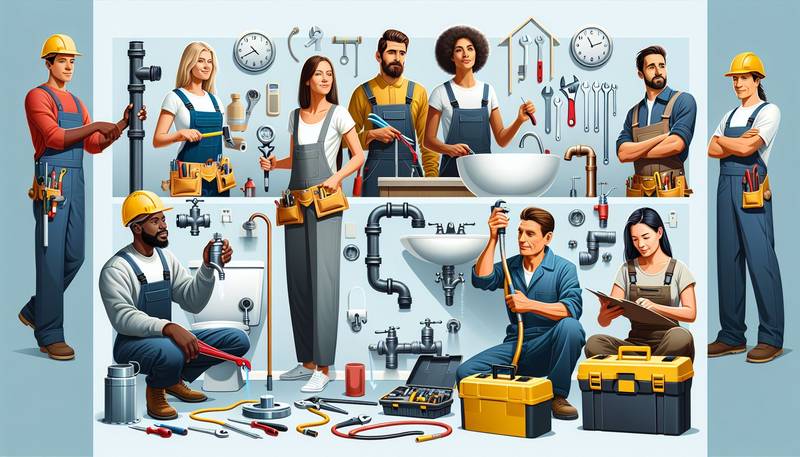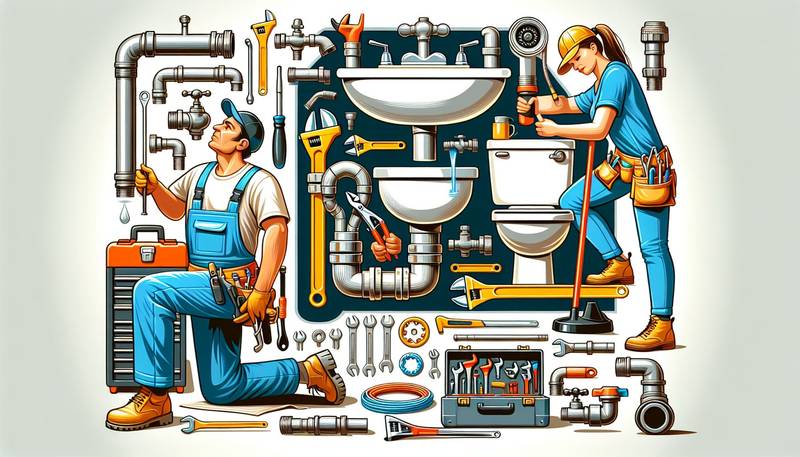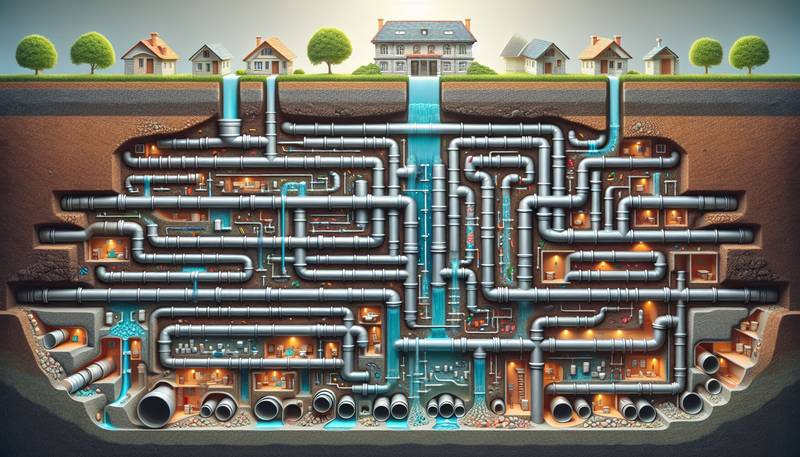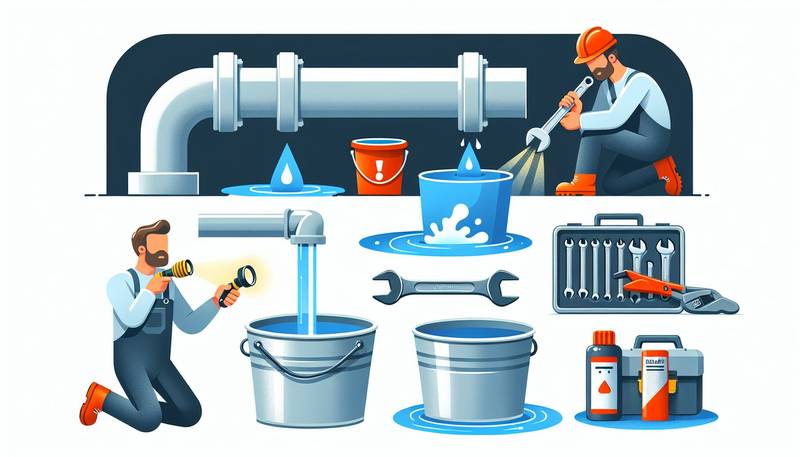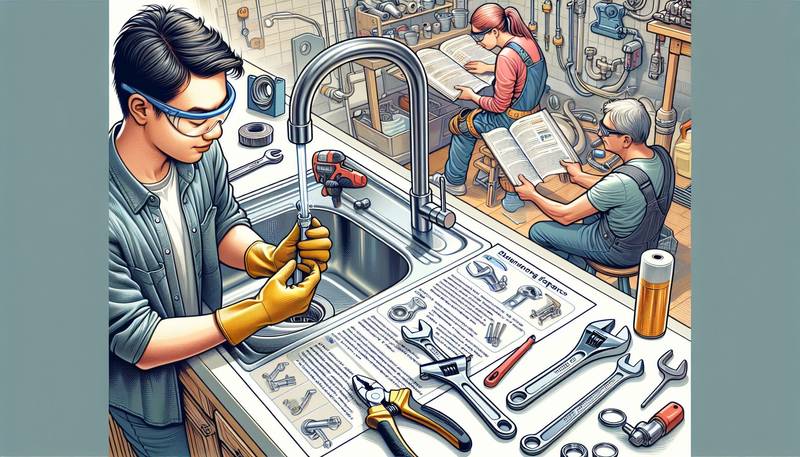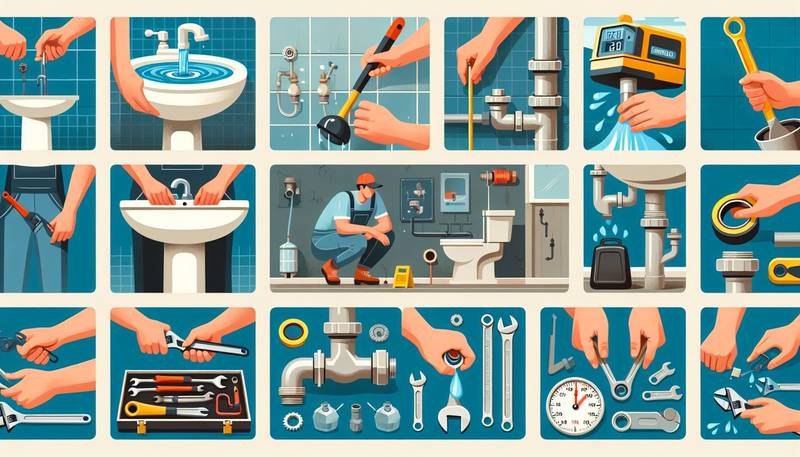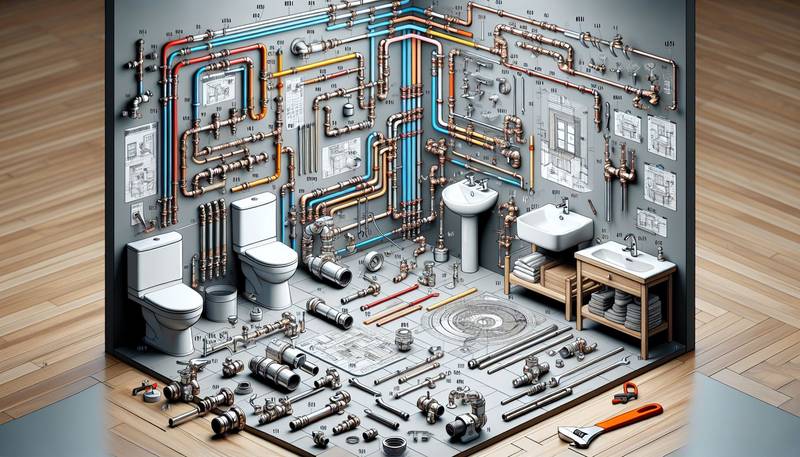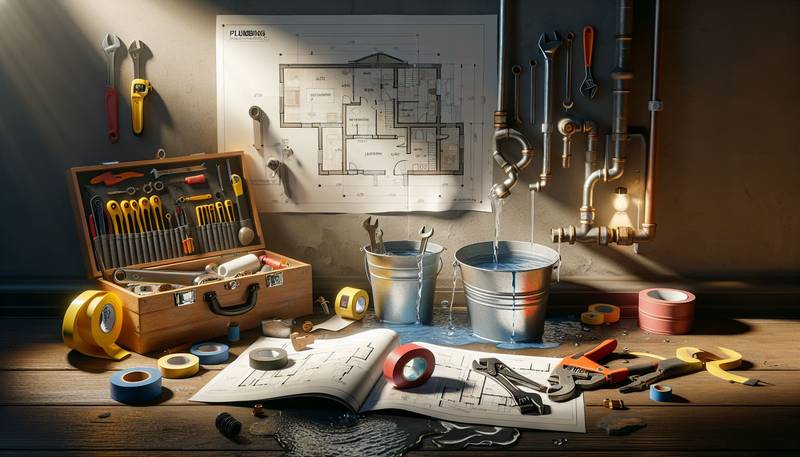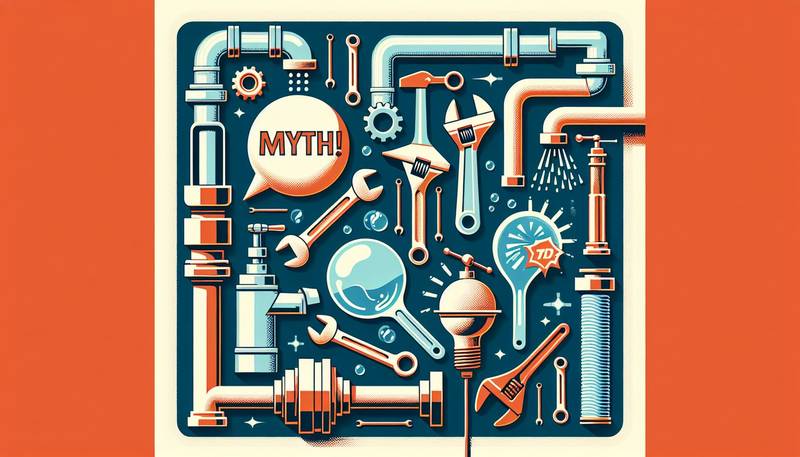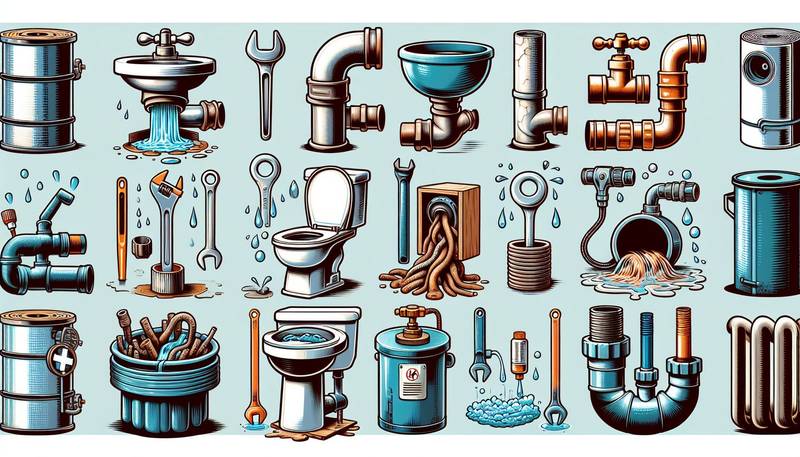Innovative Plumbing Techniques for Efficient Water Use
In this article, we will explore some of the latest technologies and practices that are revolutionizing the way we use water in our plumbing systems.
Smart Water Meters
One of the most effective ways to promote water conservation is by monitoring water usage in real-time. Smart water meters are equipped with sensors that can detect leaks, track usage patterns, and provide valuable data on water consumption. By having access to this information, homeowners and building managers can identify areas where water is being wasted and take corrective actions. This can lead to significant savings on water bills and reduce the overall water footprint.
Low-Flow Fixtures
Low-flow fixtures such as faucets, showerheads, and toilets are designed to reduce water usage without compromising performance. These fixtures are equipped with aerators and flow restrictors that limit the amount of water that is being used while maintaining adequate water pressure. By replacing traditional fixtures with low-flow alternatives, households and businesses can save thousands of gallons of water each year. In addition, many municipalities offer rebates or incentives for installing low-flow fixtures, making it a cost-effective solution for water conservation.
Greywater Recycling Systems
Greywater recycling systems are another innovative plumbing technique that can help reduce water waste. Greywater is wastewater generated from everyday activities such as bathing, laundry, and dishwashing. Instead of letting this water go to waste, it can be collected, treated, and reused for purposes such as irrigation, toilet flushing, and even laundry. By implementing a greywater recycling system, households and buildings can significantly reduce their reliance on freshwater sources and lower their water bills.
Rainwater Harvesting Systems
Rainwater harvesting systems capture and store rainwater for later use in irrigation, landscaping, and non-potable applications. By collecting rainwater from rooftops and directing it into storage tanks, homeowners and businesses can reduce their dependence on municipal water supplies and conserve water resources. Rainwater harvesting systems can be integrated with existing plumbing systems to supplement water usage for outdoor tasks, making them an environmentally friendly and cost-effective solution for water conservation.
Pressure-Regulating Valves
Pressure-regulating valves are devices that are installed in plumbing systems to control water pressure throughout the network. By maintaining optimal pressure levels, these valves can prevent leaks, reduce water waste, and prolong the lifespan of plumbing fixtures and appliances. In addition, pressure-regulating valves can help to lower energy costs associated with heating water, as higher pressure requires more energy to operate water heaters. By optimizing water pressure, homeowners and businesses can improve the efficiency of their plumbing systems and promote water sustainability.
Conclusion
Innovative plumbing techniques are essential for promoting efficient water use and reducing waste in our homes and buildings. By embracing technologies such as smart water meters, low-flow fixtures, greywater recycling systems, rainwater harvesting systems, and pressure-regulating valves, we can make significant strides towards achieving water conservation goals. It is important for homeowners, building managers, and plumbing professionals to stay informed about the latest advancements in plumbing technologies and practices to ensure that we are doing our part to preserve our precious water resources for future generations.
